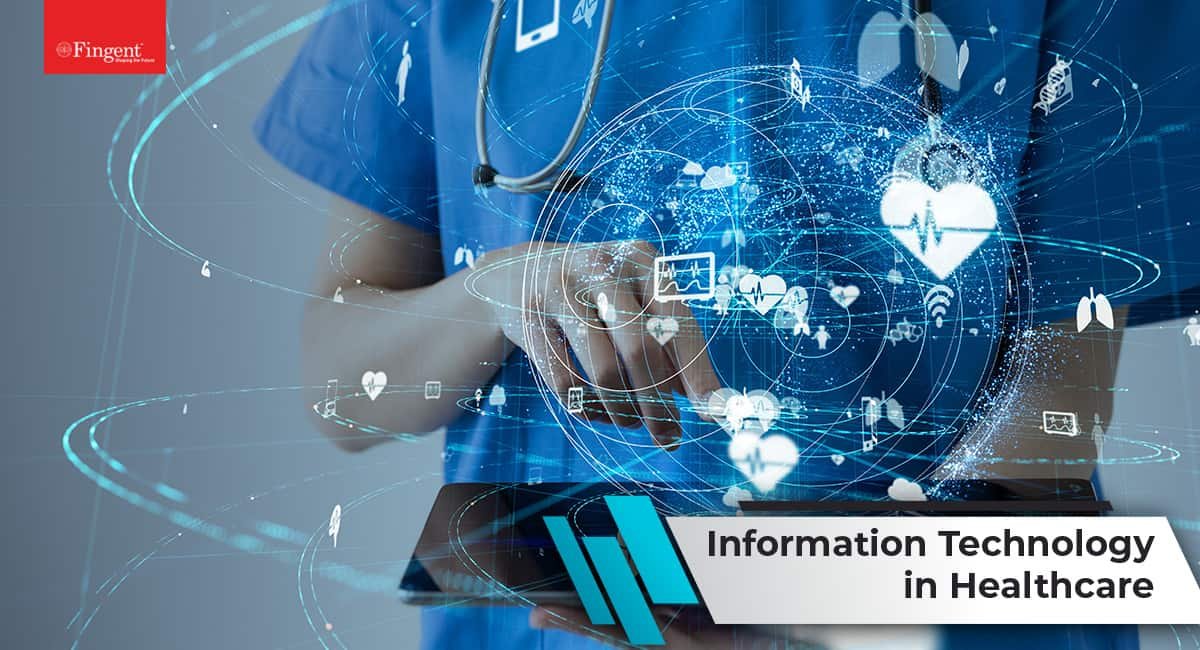Exploring New Entertainment Options
As online entertainment continues to grow, more people are turning to gaming as a fun and exciting way to spend their time. For those based in Australia, online casinos offer a great variety of gaming options, from classic table games to modern slots. If you’re looking for the best online casino experiences, check out the gambling360 australia online casinos, where you’ll find top-rated platforms with plenty of games to choose from. These casinos are designed to provide a high-quality, engaging experience for all players.
Technology has revolutionized nearly every aspect of modern life, and health care is no exception. The integration of technological advancements in health care delivery is transforming the way patients receive care, how providers offer treatment, and how health systems operate. From electronic health records (EHRs) to telemedicine and artificial intelligence (AI), technology is improving patient outcomes, increasing efficiency, and enhancing accessibility. In this article, we’ll explore the various ways in which technology is shaping health care delivery and the potential it holds for the future.
Discover Top Casino Games for Every Player
Whether you’re taking a break or looking for some excitement, casino games provide endless entertainment and opportunities to win big from the comfort of your home.
Advancements in Health Care Technology
1. Electronic Health Records (EHRs)
One of the most significant technological advancements in health care has been the widespread adoption of Electronic Health Records (EHRs). EHRs provide a digital version of a patient’s medical history and allow for easy access and sharing of information among healthcare providers. This streamlines communication, reduces the risk of errors, and ensures that patients receive the most accurate and up-to-date care.
2. Telemedicine and Remote Care
Telemedicine, or the use of digital platforms for remote consultations, has expanded significantly, especially in response to the COVID-19 pandemic. Patients can now consult with doctors via video calls or phone calls, reducing the need for in-person visits. Telemedicine is particularly beneficial for individuals in rural or underserved areas who may have limited access to health care facilities. It also increases convenience for patients and can reduce wait times for appointments.
3. Artificial Intelligence and Machine Learning
Artificial Intelligence (AI) and machine learning are making their way into various areas of health care, including diagnostics, personalized treatment plans, and administrative tasks. AI-powered tools can analyze medical images, predict disease progression, and even suggest treatment options based on a patient’s medical history. These technologies not only help improve the accuracy of diagnoses but also assist doctors in making more informed decisions, ultimately leading to better patient outcomes.
4. Wearable Health Devices
Wearable health devices, such as fitness trackers and smartwatches, are increasingly popular for monitoring health metrics like heart rate, blood pressure, and activity levels. These devices enable patients to track their health in real time and share the data with their healthcare providers. Continuous monitoring allows for early detection of potential health issues and can help in managing chronic conditions such as diabetes or hypertension.
5. Robotics in Surgery
Robotic-assisted surgeries are becoming more common in health care settings. These advanced technologies allow surgeons to perform minimally invasive procedures with enhanced precision, smaller incisions, and quicker recovery times. Robots equipped with high-definition cameras and specialized tools can provide surgeons with better visualization and greater accuracy, leading to fewer complications and faster healing for patients.
Benefits of Technology in Health Care Delivery
1. Improved Patient Care
Technology has led to improved patient care by providing better diagnostic tools, more personalized treatment options, and increased monitoring capabilities. For example, AI-driven tools can detect diseases earlier than traditional methods, leading to timely interventions and better outcomes. Furthermore, wearable devices allow for continuous monitoring, ensuring that patients are not left unmonitored between doctor visits.
2. Increased Efficiency and Reduced Costs
With the introduction of automation, digital records, and AI, many administrative and operational tasks in health care are now automated, reducing the burden on health care staff. This leads to more efficient workflows, quicker decision-making, and reduced costs. For example, AI can analyze medical data and suggest the most effective treatments, saving time for doctors and reducing the need for costly tests.
3. Enhanced Accessibility to Care
One of the biggest advantages of technology in health care is improved accessibility, especially for people living in remote or underserved areas. Telemedicine breaks down geographic barriers, allowing patients to access medical consultations without traveling long distances. Similarly, health apps and virtual clinics are providing increased access to essential health services for underserved populations, thus improving overall public health.
4. Better Collaboration Between Health Care Providers
Technology has made it easier for health care providers to collaborate on patient care, regardless of location. With EHRs and digital platforms, medical teams can share important patient information, including medical history, lab results, and treatment plans. This collaborative approach ensures that patients receive cohesive and coordinated care, leading to better outcomes and fewer medical errors.
Challenges and Concerns of Technology in Health Care
1. Data Privacy and Security
With the increased use of digital health records and telemedicine, the security of patient data is a major concern. Health care providers must ensure that robust encryption and cybersecurity measures are in place to protect sensitive information. Breaches of patient data can lead to privacy violations and a loss of trust in health systems.
2. Technology Access and Equity
While technology has the potential to increase accessibility, there are still challenges related to equitable access to technology. Not all patients have access to the necessary devices or internet connections to fully benefit from digital health services, particularly in low-income or rural communities. Ensuring that technological advancements are accessible to all remains a key challenge.
3. Over-reliance on Technology
While technology offers numerous benefits, there is a concern that over-reliance on technology could lead to a reduction in human interaction in health care. Patient-provider relationships are essential for delivering compassionate and personalized care, and technology should be seen as a tool to enhance, rather than replace, human care.
4. Regulatory and Ethical Issues
The rapid pace of technological advancement often outpaces regulatory frameworks. Governments and health organizations must work together to establish clear guidelines for the use of new technologies in health care, ensuring that they are safe, effective, and ethical.
The Future of Technology in Health Care Delivery
The future of health care delivery will undoubtedly be shaped by technological advancements. Artificial intelligence, robotics, and other innovations will continue to play a key role in improving patient outcomes and streamlining health systems. Moreover, the development of personalized medicine, driven by genomics and AI, promises to deliver tailored treatment plans that are more effective and less costly.
As technology continues to evolve, it is crucial to address the challenges associated with its use while ensuring that its benefits are widely accessible and effectively implemented across the health care system.
Conclusion
Technology is transforming health care delivery by enhancing patient care, improving efficiency, and increasing accessibility. From telemedicine to AI-driven diagnostics, the impact of technology on health care is profound and continues to evolve. However, challenges such as data privacy, access equity, and the over-reliance on technology must be addressed to ensure that advancements in health care technology benefit all patients and communities. The future of health care will undoubtedly be shaped by technology, but it is essential to approach its integration thoughtfully and responsibly for the betterment of global health.











